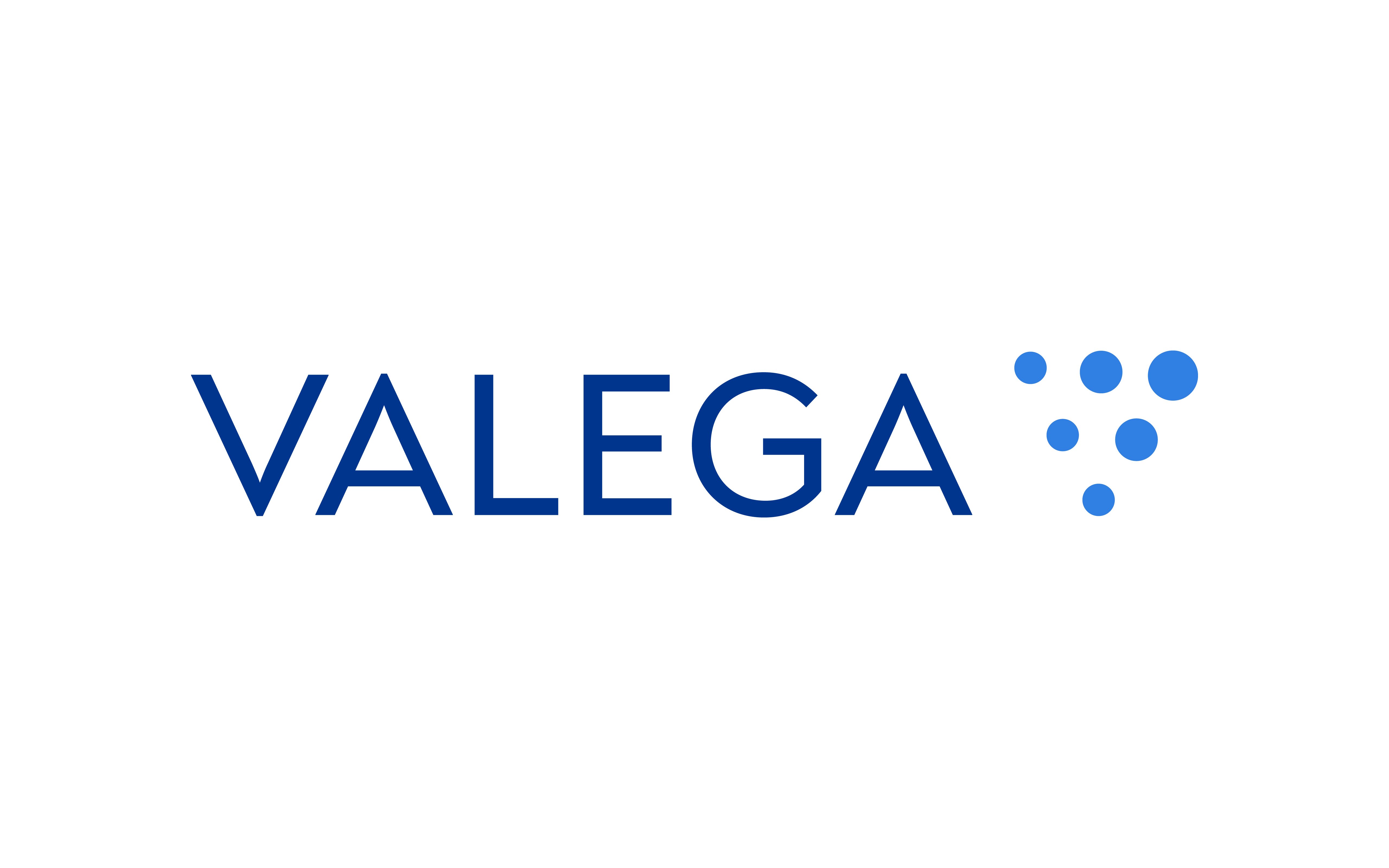AML Platforms: Is diversity a problem

Regulation brings safety
As the use of cryptocurrency becomes more mainstream, more threats begin to emerge. Long gone are the days when only experts money laundered or terrorists were fundraising their illegal operations. The dangers are now way more common, from the single scammer, trying to make quick money, to long term scam operations, like exchanges that after a few months or even years are suddenly “hacked” and exit. This is not a surprise, it is expected and it is why regulation is necessary.
There is no doubt that rules and regulations create a safer environment for virtual asset investors. This, independent of their type or size be it authorities and companies known as virtual asset service providers (let us call them VASPs). By placing the focus on identity and transparency, it will be harder for bad actors to hide their intent and their identity. This will drive them to grey marketplaces, away from the main currencies, where unregulated assets are essentially non fungible and low in value. On the other hand, it becomes difficult for traditional markets to ignore the regulated crypto currencies and their near future filled with opportunities.
Data scarcity
Financial institutions as well as authorities move notoriously slow when it comes to technical innovation. This is due to complicated (and outdated) systems, general internal and external bureaucracy and, sometimes, resistance to change. Unfortunately this is not easy to solve but it can be mitigated. Without going into complicated rules, regulations or technology, we need to solve a clearer yet more challenging problem: Accessible data.
There are a lot of companies and AML specialists like VALEGA, helping VASPs as well as private users to identify criminals and avoid scams or fraud. However, can any company truly say that it has all the necessary, more recent global data? I believe it is a very bold and rather unrealistic affirmation. It is way safer to say “no one has all the answers”.
Where does data come from? A small part come from reporting platforms, public forums, blogs, news aggregators, etc, but the vast majority is not publicly available, it is hard and slow to get.
From VASPs identification, authorities who release information, scam victims, who only report to their local police, or VASPs; the list goes on and on. Information is by nature local, it is scather and if it is tricky to get locally, don't even start me on a cross border scale.
Can you see the problem yet? One compliance company may have some data, while the others don’t and vice versa. If we are aiming for the greater good, the security of all, there seems to be little interest in this case. Criminals are notoriously fast to adapt, due to the high profit of their activities they can spend funds researching flaws in the system, they can detect what exchanges are more exposed and, just like any zero-day vulnerability, take advantage of him.
The greater good
To solve the data scarcity problem is not easy because it triggers self defence mechanisms. Why should a company share their precious data? Why would they help smaller, newer companies entering the VASPs market? The answer is extremely simple and obvious to be honest. The market should focus not on who has the best data but who provides the best solutions, the best client support, the best education, etc. Bigger companies will always have the upper hand due to their marketing and influence and the smaller companies would ride the innovation wave. If we all truly work towards the same goal, in the end, everyone would benefit.
In the current world, VASPs need to implement more then one solution to make sure their threat filtering system is effective. Like it was explained, trusting a single tool is not a good idea (just for giggles, the Travel Rule suffers from the same problem). VASPs need to deviate a big part of their budget and focus to make sure they comply and, even more importantly, they need to make sure their users are well protected. Can we do something to improve this?
The solution
Just like with the Travel Rule, the overall problem for the AML solutions is rather easy to fix but it may not be desired. If the main problem is that VASPs need to implement several solutions to increase protection, to mitigate the data issue we explore previously, then we need to improve the data availability.
Let us imagine a platform, able to gather data from multiple sources, able to connect VASPs, AML companies, private users, etc. Let us imagine that the vast majority of data is available on that unique platform. Anyone could request access, consult, contribute, validate and improve entries. Collaboration always wins versus isolated systems. It is just a matter of will.
We do not need to think about details, we are still far from that, but it is important to start thinking about this reality. Maybe this is the first step for a global platform!
VALEGA is already working with this solution, the Shield Network collaborative platform. It allows Partners and private users to report problems (that is still validated internally) and that data is quickly made available to all. If criminals are fast, we also need to be!
Feel free to reach out, give us a like, follow or share your thoughts in the comments.
By Jorge Santos
CTO
